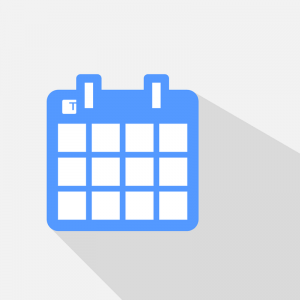Linda Miles has been a constant in the dental consulting community. We share her insights on scheduling appointments.
Somewhere lurking in the shadows of effective practice management is an idea–shared by a few consultants–that pre-appointing for preventive care appointments is an exercise in futility. These pundits say pre-appointing hygiene patients will inevitably lead to a high percentage of broken appointments. This is NOT TRUE.
Broken appointments are a result of ineffective communication, not the pre-appointment process. In order to want to keep the next appointment, the patient must understand its value. In other words, the appointment will never become more important to the patient than it appears to the dentist and staff. By pre-appointing and stressing the importance of the next appointment to patients, practices see very few broken or changed appointments. However, if pre-appointments are made in a casual manner, or too much social chitchat accompanies interaction between staff and patients, you are much more likely to see a high degree of failed appointments.
Do Unto Others
Patients learn the value you put on their appointments by how you handle their time while they’re in the office. If an office continuously keeps patients waiting to be seated, or waiting for the doctor, it’s no wonder the patient loses respect for the value of the appointment. Patients truly develop their good and bad habits by what they personally experience at your practice. If you respect patient time–through your actions and through your words–they are much more likely to respect the practice’s time and keep pre-scheduled appointments.
Pre-appointing is recommended by 95% of all management consultants, not because it’s easier, but because it doubles patient retention. I wish I could count the number of dentists and staff members who have told me they attended a seminar that espoused not pre-appointing and had “statistics” to back up the claim. Those same dentists who tried the nonpre-appointment way inevitably reported after the fact that it would take them two years to get back what they lost!
Be careful whose advice you take when it comes to practice management issues. Some theories–like an appointment scheduling reminder mailing–may sound revolutionary because the person who came up with them has never actually worked at the front desk. Asking hundreds of patients to call the office to make their appointments upon receipt of the request is professional suicide in my opinion. Not only is it overwhelming, it’s unprofessional. Who wants to answer the phone 80-100 times per month from the 300 notices mailed? And how effective is it to have staff members call, call, and recall the 200- 220 who didn’t respond? This time-consuming task makes the practice look totally desperate for patients, which in and of itself is detrimental to patient retention. In the real world, patients are too mobile to track down months later.
Results are phenomenal in the preappointed practice. Simply use the phrase, “Mrs. Jones, if this time of day is good for you, I’d like to go ahead and RESERVE the same time of day, same day of the week in six months for your continuous care appointment.” Try tracking down the more than 200 patients who haven’t noticed your mail reminder, or haven’t had time to call. Not to mention how these out-going calls sound to the patients within earshot!
The only time the non pre-appointed hygiene system was used effectively in the past 20 years was when a practice treated on managed care pre-paid plans. In these cases, the practice actually treated their managed care differently than the fee-for-service patients. These practices knew if they pre-appointed the patients, they ultimately lost money. In short, they actually hoped patients would not return on a regular basis, thereby saving money. In this scenario, where you don’t want to see the patient in six months, the non-pre-appointment system was ideal. But how many of you fit this scenario?
Ninety-five percent of the dentists and consultants in the world can’t be wrong.
Linda Miles, Founder of Linda Miles and Associates, one of dentistry’s leading management consulting firms for over 30 years, believes dentistry should be fun, exciting, and rewarding for patients, dentists and staff.

